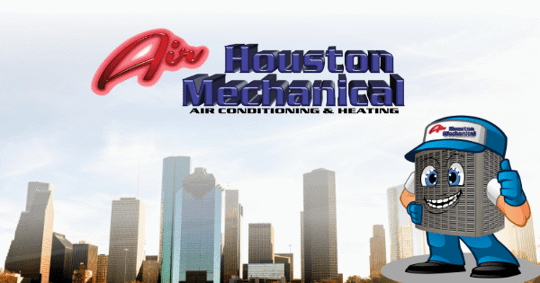We spend lots of time inside. The Environmental Protection Agency (EPA) has approximated being within a building comprises 90% of our schedule. Having said that, the EPA also has determined your indoor air can be three to five times more polluted than outside your home.
That’s because our houses are firmly sealed to increase energy efficiency. While this is good for your heating and cooling expenses, it’s not so fantastic if you’re a part of the 40% of the population with respiratory allergies.
When outdoor ventilation is insufficient, pollutants like dust and volatile organic compounds (VOCs) may get stuck. Consequently, these pollutants can irritate your allergies.
You can enhance your indoor air quality with clean air and usual cleaning and vacuuming. But if you’re still having problems with symptoms during the time, you’re at your house, an air purifier might be able to help.
While it can’t eliminate pollutants that have landed on your couch or flooring, it might help freshen the air moving across your home.
And air purification has also been scientifically proven to help lower some allergic symptoms, according to the American College of Allergy, Asthma, and Immunology. It can also be helpful if you or a loved one has lung issues, including emphysema or COPD.
There are two models, a portable air purifier and a whole-home air purifier. We’ll examine the distinctions so you can determine what’s correct for your home.
Whole-House Air Purifiers vs. Portable Air Purifiers
A portable air purifier is for a lone room. A whole-house air purifier works with your home’s comfort equipment to purify your entire home. Some kinds can purify on their own when your HVAC unit isn’t running.
What’s the Best Air Purifier for Allergies?
Seek a model with a High-Efficiency Particulate Air (HEPA) filter. HEPA filters are installed in hospitals and provide the greatest filtration you can buy, as they remove 99.97% of particles in the air.
HEPA filters are even more useful when combined with ultraviolet (UV) germicidal light. This mighty combination can eliminate dust, dander, pollen, and mold, all of which are common allergens. For the ultimate in air purification, evaluate a unit that also has a carbon-based filter to decrease household vapors.
Avoid buying an air purifier that creates ozone, which is the main ingredient in smog. The EPA advises ozone might irritate respiratory issues, even when emitted in minor settings.
The Allergy and Asthma Foundation of America has made a listing of questions to think over when getting an air purifier.
- What can this purifier remove from the air? What doesn’t it extract?
- What’s its clean air delivery rate? (A higher figure means the air will be purified more rapidly.)
- How regularly does the filter or UV bulb need to be changed? Can I do that on my own?
- How much do new filters or bulbs cost?
How to Lessen Seasonal Allergy Symptoms
Want to get the best outcome from your new air purification equipment? The Mayo Clinic suggests doing other procedures to reduce your exposure to things that can trigger seasonal allergies.
- Stay inside and keep windows and doors sealed when pollen counts are elevated.
- Have other household members cut the lawn or pull weeds since these tasks can irritate symptoms. If you have to do this work alone, you may want to consider wearing a pollen mask. You should also bathe immediately and put on clean clothes once you’re finished.
- Avoid hanging laundry outdoors.
- Use the AC while indoors or while driving. Consider installing a high-efficiency air filter in your residence’s heating and cooling unit.
- Even out your home’s humidity percentage with a whole-house dehumidifier.
- Hardwood, tile, or linoleum are the best flooring materials for reducing indoor allergens. If your home has carpet, add a HEPA filter to your vacuum cleaner.
Let Our Professionals Handle Your Indoor Air Quality Needs
Want to progress with installing a whole-house air purifier? Give our experts a call at (832) 501-3419 or contact us online to get an appointment. We’ll help you find the right unit for your family and budget.The post Do Air Purifiers Help with Allergies? appeared first on Air Houston Mechanical LLC.

